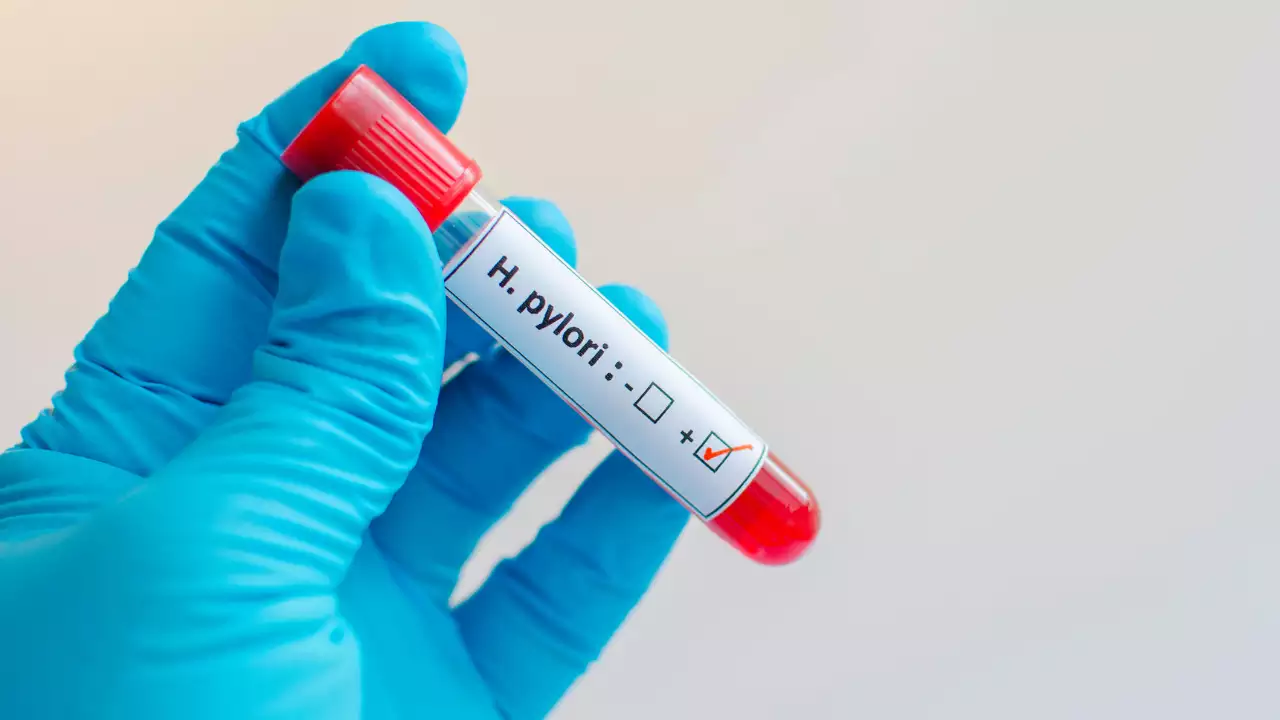Helicobacter pylori is a spiral-shaped, gram-negative bacterium that resides in the stomach's mucosal lining. It can lead to stomach ulcers by producing the urease enzyme, which neutralises stomach acid and creates a favourable environment for bacterial growth. If left untreated, this infection can cause significant gastrointestinal issues and requires proper medical intervention. To know more, we speak with Dr Shubham Vatsya Senior Consultant Gastroenterology and Hepatology at Fortis Hospital Vasant Kunj.
"This microorganism is basically a gram-negative bacterium that is spiral in shape, and it usually resides in the stomach’s mucosal lining. If it colonises in the stomach, it can lead to stomach ulcers, and the real culprit behind this is the synthesis of urease enzyme by this bacteria," he says, adding that this enzyme tends to convert urea into ammonia and balance out the stomach’s acid, making it a conducive environment for bacterial growth and colonisation.
When the mucosa of the stomach is compromised, Dr Vatsya says, its acidic content results in ulcers. "H. pylori colonises in the stomach and starts synthesising urease, the enzyme that converts urea into ammonia, enabling neutralisation of stomach acid. This makes the stomach environment conducive for bacterial growth," he explains. After this colonisation stage, the body's immune system gets activated and triggers an inflammatory response. Additionally, certain toxins are also produced by H. pylori, which damage the cells of the stomach's mucosa, according to him.
Symptoms of H. pylori infection
At most times, this infection may be asymptomatic, but "symptomatic infection leads to nausea, frequent episodes of vomiting, feeling full and loss of appetite, sudden weight change, and a feeling of burning in the stomach, as well as dark-coloured stools (indicative of bleeding), etc", Dr Vatsya says.
Diagnosis of H. pylori infection
There are particularly four diagnostic ways of H. pylori infection, according to Dr Vatsya:
- Urea breath test in which patients consume a solution containing urea and the breath is analysed for the presence of carbon dioxide gas.
- A stool antigen test is performed to detect the occurrence of H. pylori proteins in faeces.
- Blood tests can also be conducted to detect antibodies against H. pylori.
- The stomach lining can be directly examined via endoscopy or biopsy to detect H. pylori.
Treatment of H. Pylori ulcers
For treating Helicobacter infections firstly, Dr Vatsya says, you should have a bland diet and refrain from consuming spicy foods. Avoidance of alcohol or smoking also helps in dealing with ulcers. Besides this, he says, your health professional may suggest triple therapy or quadruple therapy. "In triple therapy, a combination of two antibiotics, namely amoxicillin and clarithromycin, along with a proton pump inhibitor (PPI), is given to reduce the stomach’s acid. While in quadruple therapy, two antibiotics along with a proton pump inhibitor and bismuth subsalicylate are given," Dr Vatsya tells us.
Recent research advancements in H. pylori infection have discovered new ways of treating it. Always consult a well-trained healthcare professional even if you have the slightest doubt, as eradicating this bacteria is the only way to heal.
Get Latest News Live on Times Now along with Breaking News and Top Headlines from Health and around the world.
